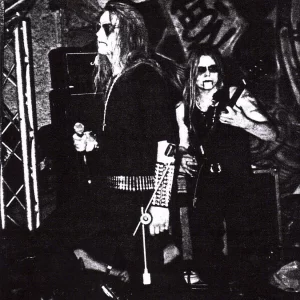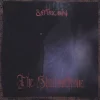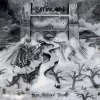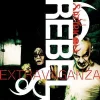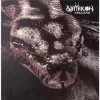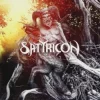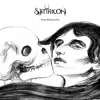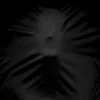History Satyricon
Satyricon is an influential Norwegian black metal band, whose line-up over the years has constantly revolved around a stable core of multi-instrumentalist Sigurd “Satyr” Wongraven and drum powerhouse Kjetil Vidar “Frost” Haraldstad.
Satyricon was founded in Oslo, Norway in 1991 by Czral (Carl-Michael Eide, of Ved Buens Ende, Ulver and Virus) and Wargod. Sigurd “Satyr” Wongraven (also in Thorns, Storm and Wongraven) took over lead vocals in 1991.
A year later renowned drummer Kjetil Vidar “Frost” Haraldstad joined the band. Frost has appeared in 1349, Keep of Kalessin, Gorgoroth, and Gehenna. Members of many other black metal bands have contributed to Satyricon either in the studio or live, including Tchort, Samoth and Ihsahn of Emperor, Fenriz and Nocturno Culto of Darkthrone, and A O. Gronbech of Keep of Kalessin.
Satyricon credit their 1993 first album, Dark Medieval Times, with starting a sub-genre of black metal termed medieval metal. The album displayed their fascination with the Middle Ages, blending extreme metal with acoustic guitar and flute.
Satyricon’s 1994 second album, The Shadowthrone, kept some of the medieval soundscapes that Dark Medieval Times showcased, but with more of a folk or Viking feel. This album saw the band collaborate with Samoth (of Emperor and Zyklon fame, and Frost’s bandmate in the short-lived Zyklon-B).
Satyricon’s third, and most critically acclaimed album, Nemesis Divina, contains Norwegian black metal influenced by medieval metal and was released in 1996. The song Mother North gained extra attention because its video contained some nudity. This album saw the band collaborate with Darkthrone’s Nocturno Culto (here adopting the moniker Kveldulv).
Rebel Extravaganza, Satyricon’s fourth album, was released in 1999 and marked a change in the band’s sound, moving towards more industrial notes. The change was also apparent in Satyr shaving off his hair and the band signing to the more ‘commercial’ label Nuclear Blast.
In April and May of 2000 Satyricon toured as a supporting band for Pantera. Phil Anselmo has spoken of his love for black metal numerous times, and has participated in some extreme metal projects with Satyr, one being Eibon.
Regarding Satyricon’s 2002 album Volcano, Satyr stated in a press release/biography that “the music is rock based but more extreme; it is black metal pushing the boundaries that began with bands like Venom and Bathory, reinventing ourselves based on a foundation of rock oriented Black Metal is our philosophy.” Volcano won a total of four awards: the Norwegian Grammy for “Best Metal Album”, an Alarm Award for Fuel for Hatred in the category for “Song of the Year”, an Alarm Award for “Metal Album of the Year”, and The Oslo Award for “Best Overall Album”.
In 2006, the band released Now, Diabolical. The album has been somewhat controversial among black metal fans due to its “radio friendly” take on black metal, but it has continued to sell well.
In 2008, Satyricon released their sixth album called The Age of Nero. The band changed its image, Satyr cut his hair and all members put away the corpse paint and other typical black metal proprieties. The music however continues in the line that started on Now Diabolical, with simple rhythms and song structures closer to industrial rock than to black metal, but without big changes in sound and with that typical aura of evil they’ve always had.
Satyricon’s official website: http://www.satyricon.no
Creative Commons By-SA License
 FM
FM
